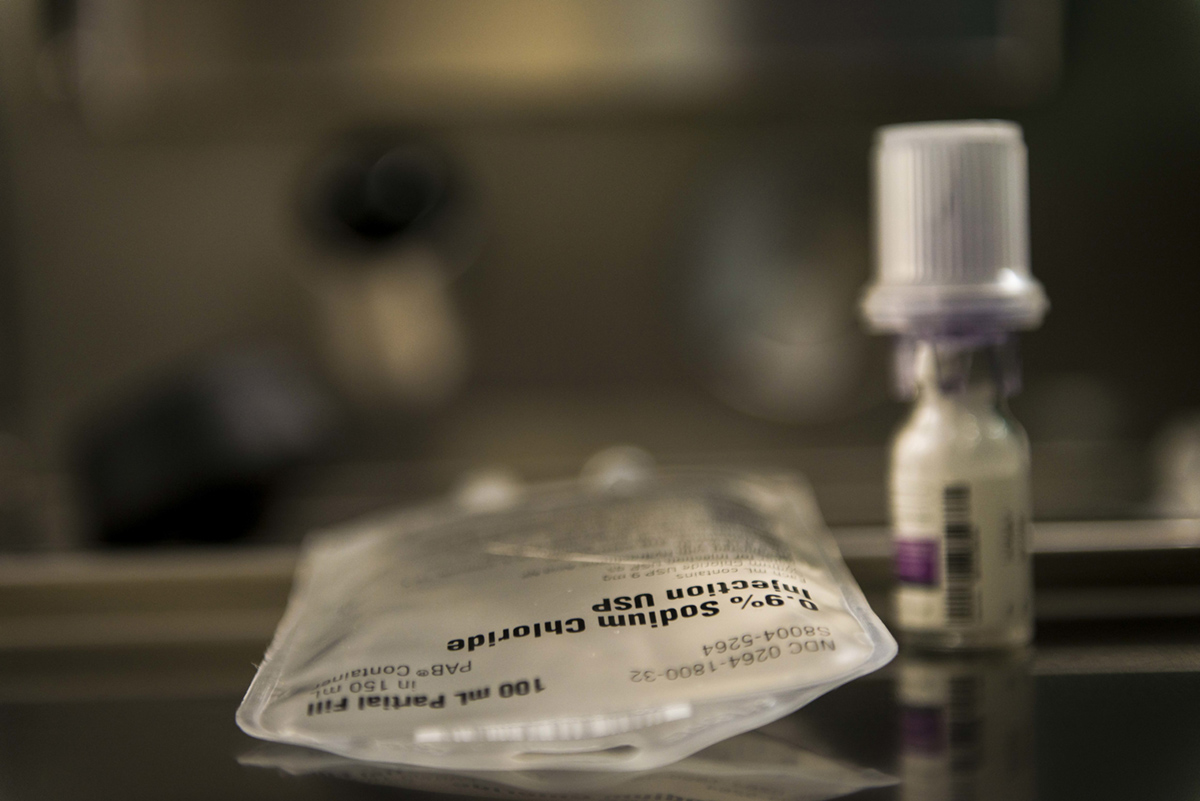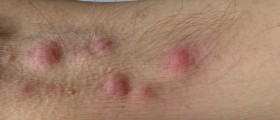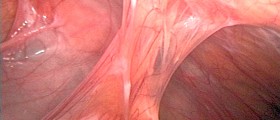
PID or pelvic inflammatory disease is an infection of the reproductive system in women. In most cases PID develops when bacteria spread from vagina to the other reproductive organs.
In some cases, there can be no symptoms at first and PID is discovered by coincidence when a woman experiences difficulties to conceive. The symptoms of PID may includes chronic pain in the pelvis and low back, painful intercourse, vaginal discharge, irregular menstruation, fever, vomiting, diarrhea and problems with urination.
You must see the doctor if you have any of these symptoms because PID is often connected to STD (sexually transmitted diseases). Both conditions can have an effect on female fertility. You may be at risk of pelvic inflammatory disease if you practice unsafe sex with many different partners, if you had a contraceptive intrauterine device recently inserted, if you experienced miscarriage, abortion or childbirth, or if you have history of any sexually transmitted diseases.
The complications of PID can be scarred tissue and abscesses which can harm the reproductive organs which can later cause infertility. Potentially dangerous complication of PID is ectopic pregnancy (when fertilized egg is trapped in the fallopian tube) which can cause massive bleeding.In order to diagnose the condition, the doctor must perform the examination of the pelvis and do additional tests which often includes vaginal discharge and urine tests, and in some cases ultrasound scan of the pelvis, laparoscopy or endometrial biopsy.
The most common treatment for PID is antibiotics. Depending on the severity of your condition, your doctor may prescribe painkillers with antibiotics and recommend bed rest. The most used medication for PID is doxycycline. Some doctors may prescribe metronidazole or clindamycin in addition to doxycycline. Medications in the class of cephalosporins are effective but some doctors will decide on cefotetan or cefoxitin as the optimal treatment for PID. In some cases your doctor will suggest hospitalization. This is necessary if you are pregnant, if you have not responded to oral treatment, if your condition is so severe and includes fever, nausea and vomiting, in case you have an abscess or if there is another surgical emergency.
In order to decrease the risk of PID and STD, every woman should practice safe sex, visit the doctor regularly and get tested because the early detection of the disease is important.And also, maintains proper hygiene habits. Your partner should be tested as well in order to prevent the spread of sexually transmitted diseases. Avoid douching because it disturbs bacterial balance in the vagina.
















Your thoughts on this
Loading...